Use this nursing care plan and management guide to help care for patients with hemorrhoids. Enhance your understanding of nursing assessment, interventions, goals, and nursing diagnosis, all specifically tailored to address the unique needs of individuals facing hemorrhoids.
What are Hemorrhoids?
Hemorrhoids are varicosities in the superior or inferior hemorrhoidal venous plexus. Internal hemorrhoids result from the dilation and enlargement of the superior plexus while external hemorrhoids result from the enlargement and dilation of the inferior plexus. Hemorrhoids are considered to be caused by increased venous pressure in the hemorrhoidal plexus.
- First-degree hemorrhoids may itch because of poor anal hygiene.
- Second-degree hemorrhoids are usually painless and spontaneously return to the anal canal following defecation.
- Third-degree hemorrhoids cause constant discomfort and prolapse in response to an increase in intra-abdominal pressure. They must be manually reduced.
Nursing Care Plans and Management
Nursing management of hemorrhoids depends on the type and severity of the hemorrhoid and on the patient’s overall condition. Treatment includes measures to ease pain, combat swelling and congestion, and regulation of the patient’s bowel habits. Patient care includes preoperative and postoperative support.
Nursing Problem Priorities
The following are the nursing priorities for patients with hemorrhoids:
- Alleviate pain and discomfort associated with hemorrhoids.
- Reduce swelling and inflammation of hemorrhoidal tissue.
- Promote proper hygiene and prevent infection.
- Manage bleeding, if present.
- Educate patients on dietary and lifestyle modifications to prevent constipation and strain during bowel movements.
- Provide information on over-the-counter topical treatments for symptom relief.
- Offer guidance on sitz baths for soothing relief.
- Encourage increased fiber intake and hydration to soften stools.
- Discuss the possibility of minimally invasive procedures or surgical options for severe or persistent cases.
- Schedule follow-up appointments for monitoring and adjustment of treatment plans, if necessary.
Nursing Assessment
Assess for the following subjective and objective data:
- Disruption of skin tissue from incision sites
- Destruction of skin layers
- Thrombosed hemorrhoids
- Passage of hard, formed stool
- Decreased bowel sounds
- Inability to evacuate stool
- Severe, exquisite rectal pain
- Abdominal pain
- Abdominal distension
Nursing Diagnosis
After thorough assessment, nursing diagnoses are formulated to address the challenges of hemorrhoids, guided by the nurse’s clinical judgment and understanding of the patient’s unique condition. While nursing diagnoses help organize care, their use may vary across clinical settings. Ultimately, the nurse’s expertise and judgment shape the care plan to prioritize each patient’s needs. Here are examples of nursing diagnoses that may be useful for common concerns associated with hemorrhoids:
- Acute Pain related to tissue irritation and inflammation in the rectal area as evidenced by patient reports of sharp pain during defecation and observed guarding behavior.
- Impaired Skin Integrity related to mechanical irritation from straining during bowel movements as evidenced by the presence of external hemorrhoids and reports of itching and burning sensation.
- Constipation related to inadequate dietary fiber and fluid intake as evidenced by hard, dry stools and the need to strain during defecation.
- Risk for Bleeding (associated with fragile, engorged hemorrhoidal veins).
- Deficient Knowledge related to lack of information about hemorrhoid prevention and management as evidenced by patient’s questions about dietary modifications and bowel habits.
- Anxiety related to anticipation of pain during bowel movements as evidenced by patient expressing fear and reluctance to defecate.
- Disturbed Body Image related to feelings of embarrassment about hemorrhoids as evidenced by patient’s reluctance to discuss symptoms and avoidance of social situations.
Nursing Goals
Goals and expected outcomes may include:
- The patient will have intact skin with no signs or symptoms of rectal prolapse or bleeding.
- The patient’s hemorrhoids will be reduced or removed.
- The patient will exhibit no evidence of thrombosed hemorrhoids or rectal bleeding.
- The patient will have normal CBC with no noted anemias.
- The patient will be able to accurately verbalize an understanding of the causes of hemorrhoids, methods of preventing the worsening of hemorrhoids, and comfort measures to employ.
- The patient’s swollen hemorrhoids will be reduced in size, with no pain evoked.
- The patient will be able to tolerate procedures to diagnose problems and treat hemorrhoids without the presence of any complications.
Nursing Interventions and Actions
Therapeutic interventions and nursing actions for patients with hemorrhoids may include:
Improving Perianal Skin Integrity
Assess the patient for the presence of hemorrhoids, discomfort or pain associated with hemorrhoids, diet, fluid intake, and presence of constipation.
Provides baseline information as to the type of hemorrhoids (external or internal), degree of venous thrombosis, presence of complications, including bleeding, and risk factors that preclude patient to hemorrhoids to enable initiation of care plan appropriate for the patient.
Provide a “donut cushion” for the patient to sit on if needed.
Hemorrhoids are exquisitely painful and the patient may not be able to sit in a chair and apply pressure to delicate tissues. Donut cushions can help remove pressure from hemorrhoids; caution on the occurrence of pressure areas.
Administer topical medication as ordered.
Reduces swelling, pain, and/or itching in order to make the patient more comfortable.
Administer stool softeners as ordered.
Helps prevent straining and increases the pressure that may cause clotted vessels to rupture or cause further hemorrhoids to develop. Helps relieve pain by avoiding the passage of hard fecal material.
Assist with procedures for the treatment of hemorrhoids.
- Sclerotherapy
May be used if the problem is detected early, it involves an injection of quinine urea hydrochloride or other agents into sclerosed vessels, with resultant swelling and dying of the vessel, with reabsorption within the body. - Banding hemorrhoid
This involves the application of a rubber band around the base of each hemorrhoid, which ultimately results in the death and necrosis of hemorrhoid. - Laser surgery may also be performed but symptomatic relief is not obtained immediately.
- Hemorrhoidectomy
It is performed if the patient has internal hemorrhoids with prolapse, or if the patient has both internal and external hemorrhoids. It relieves symptoms immediately but can create scar tissue and other complications; should be done as a last resort.
Instruct patient and/or family regarding causes of hemorrhoids, methods of avoiding hemorrhoids, and treatments that can be performed.
Hemorrhoids are caused by straining, heavy lifting, obesity, pregnancy, and any activity that distends rectal veins and causes them to prolapse.
Instruct patient and/or family regarding all procedures required.
Internal hemorrhoids are normally diagnosed by anoscopy or flexible sigmoidoscopy because the digital rectal exam cannot adequately detect hemorrhoids. Barium enemas or colonoscopy may be required to ensure that intestinal masses are not present as well.
Instruct patient and/or family in dietary management.
Increasing bulk, fiber, and fluids, and eating fruits and vegetables can help by maintaining soft stools to avoid straining at bowel movements.
Instruct patient and/or family regarding the use of bulk-producing agents, such as psyllium husk.
Bulk-forming laxatives help absorb water to increase moisture content in the stool, increases peristalsis, and help promote soft bowel movements.
Instruct patient and/or family in comfort measures to use with the presence of hemorrhoids.
The use of rubber donuts removes pressure directly placed on hemorrhoid. Warm sitz baths or suppositories containing anesthetic agents can help to alleviate pain temporarily.
Restoring Bowel Function and Managing Constipation
Determine the patient’s bowel habits, lifestyle, ability to sense an urge to defecate, painful hemorrhoids, and history of constipation.
Assists with the identification of an effective bowel regimen and/or impairment, and need for assistance. GI function may be decreased as a result of decreased digestion. Functional impairment related to muscular weakness and immobility may result in decreased abdominal peristalsis and difficulty with the identification of the urge to defecate.
Assess the patient’s stool frequency, characteristics, presence of flatulence, abdominal discomfort or distension, and straining at stool.
Aging, such as decreased rectal compliance, pain, and impairment of rectal sensation can lead to constipation.
Auscultate bowel sounds of presence and quality.
Abnormal sounds, such as high-pitched tinkles, suggest complications like ileus.
Monitor diet and fluid intake.
Adequate amounts of fiber and roughage provide bulk and adequate fluid intake of at least 2 L per day is important in keeping the stool soft.
Monitor for complaints of abdominal pain and abdominal distention.
Gas, abdominal distention, or ileus, could be a factor. Lack of peristalsis from impaired digestion can create bowel distention and worse to the point of ileus.
Monitor the patient’s mental status, syncope, chest pain, or any transient ischemic attacks. Notify the physician if these symptoms occur.
Undue straining may have harmful effects on arterial circulation that can result in cardiac, cerebral, or peripheral ischemia.
Assess for rectal bleeding.
Excessive straining may produce hemorrhoids, rectal prolapse, or anal fissures, with resultant pain and bleeding.
Provide bulk, stool softeners, laxatives, suppositories, or enemas as warranted.
May be used to stimulate the evacuation of stool.
Provide a high-fiber diet, whole grain cereals, bread, and fresh fruits.
Improves peristalsis and promotes elimination.
Monitor medications that may predispose the patient to constipation.
Analgesics, anesthetics, anticholinergics, diuretics, and other drugs are some medications that are known to cause constipation.
Instruct the patient in activity or exercise programs within the limits of the disease process.
Activity promotes peristalsis and stimulates defecation. Exercises help to strengthen the abdominal muscles that aid in defecation.
Recommended Resources
Recommended nursing diagnosis and nursing care plan books and resources.
Disclosure: Included below are affiliate links from Amazon at no additional cost from you. We may earn a small commission from your purchase. For more information, check out our privacy policy.
Ackley and Ladwig’s Nursing Diagnosis Handbook: An Evidence-Based Guide to Planning Care
We love this book because of its evidence-based approach to nursing interventions. This care plan handbook uses an easy, three-step system to guide you through client assessment, nursing diagnosis, and care planning. Includes step-by-step instructions showing how to implement care and evaluate outcomes, and help you build skills in diagnostic reasoning and critical thinking.
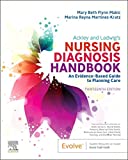
Nursing Care Plans – Nursing Diagnosis & Intervention (10th Edition)
Includes over two hundred care plans that reflect the most recent evidence-based guidelines. New to this edition are ICNP diagnoses, care plans on LGBTQ health issues, and on electrolytes and acid-base balance.
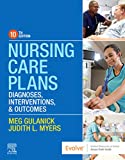
Nurse’s Pocket Guide: Diagnoses, Prioritized Interventions, and Rationales
Quick-reference tool includes all you need to identify the correct diagnoses for efficient patient care planning. The sixteenth edition includes the most recent nursing diagnoses and interventions and an alphabetized listing of nursing diagnoses covering more than 400 disorders.

Nursing Diagnosis Manual: Planning, Individualizing, and Documenting Client Care
Identify interventions to plan, individualize, and document care for more than 800 diseases and disorders. Only in the Nursing Diagnosis Manual will you find for each diagnosis subjectively and objectively – sample clinical applications, prioritized action/interventions with rationales – a documentation section, and much more!
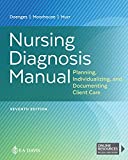
All-in-One Nursing Care Planning Resource – E-Book: Medical-Surgical, Pediatric, Maternity, and Psychiatric-Mental Health
Includes over 100 care plans for medical-surgical, maternity/OB, pediatrics, and psychiatric and mental health. Interprofessional “patient problems” focus familiarizes you with how to speak to patients.
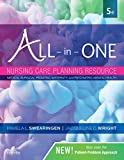
See also
Other recommended site resources for this nursing care plan:
- Nursing Care Plans (NCP): Ultimate Guide and Database MUST READ!
Over 150+ nursing care plans for different diseases and conditions. Includes our easy-to-follow guide on how to create nursing care plans from scratch. - Nursing Diagnosis Guide and List: All You Need to Know to Master Diagnosing
Our comprehensive guide on how to create and write diagnostic labels. Includes detailed nursing care plan guides for common nursing diagnostic labels.
More nursing care plans related to gastrointestinal disorders:
- Appendectomy
- Bowel Incontinence (Fecal Incontinence)
- Cholecystectomy
- Constipation
- Diarrhea Nursing Care Plan and Management
- Cholecystitis and Cholelithiasis
- Gastroenteritis
- Gastroesophageal Reflux Disease (GERD)
- Hemorrhoids
- Hepatitis
- Ileostomy & Colostomy
- Inflammatory Bowel Disease (IBD)
- Intussusception
- Liver Cirrhosis
- Nausea & Vomiting
- Pancreatitis
- Peritonitis
- Peptic Ulcer Disease
- Subtotal Gastrectomy
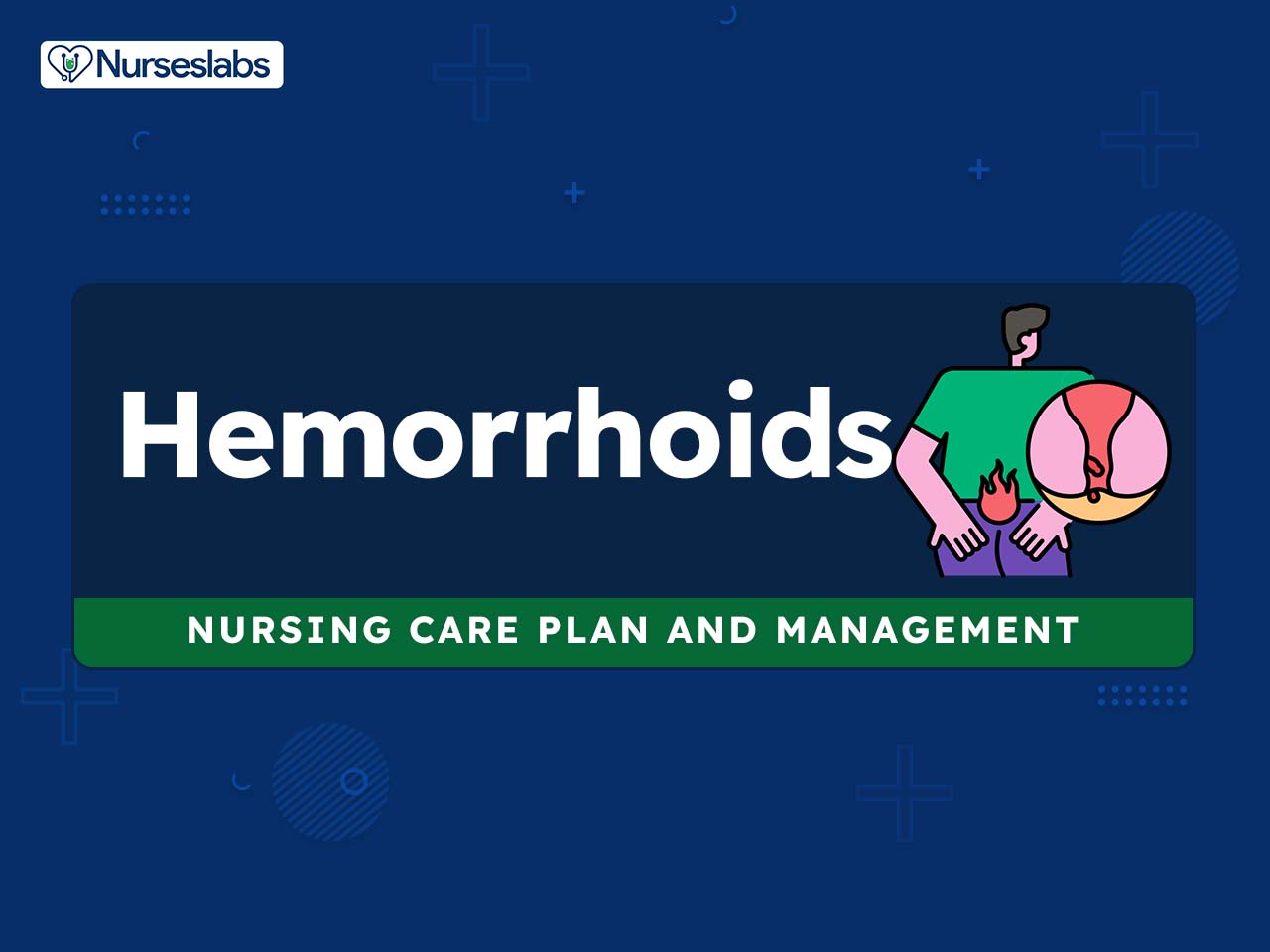


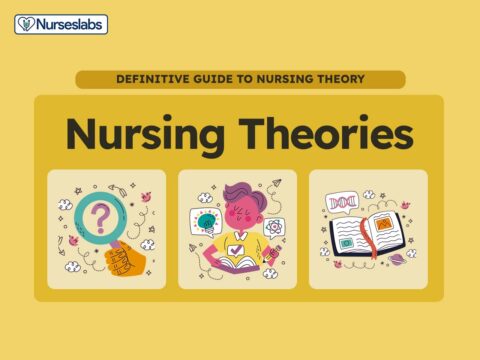
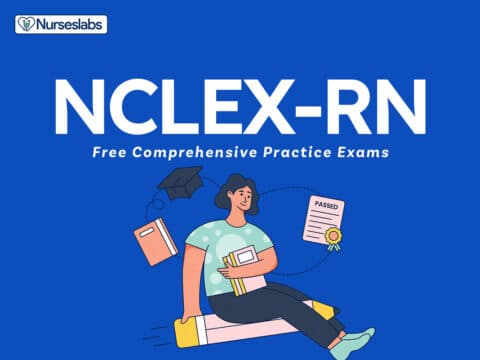
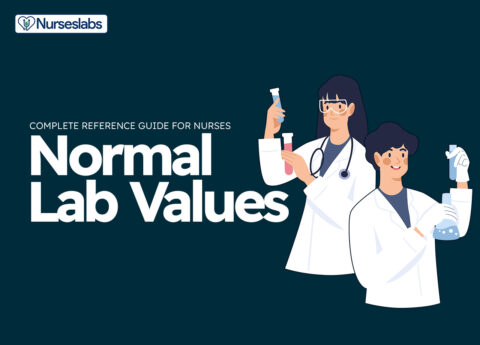
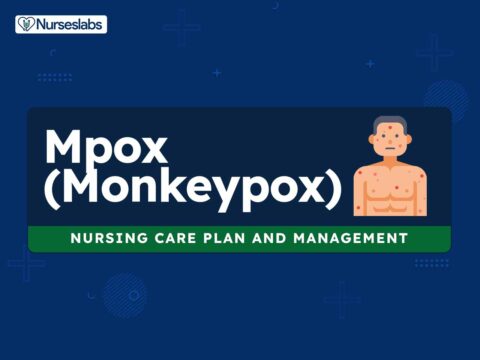


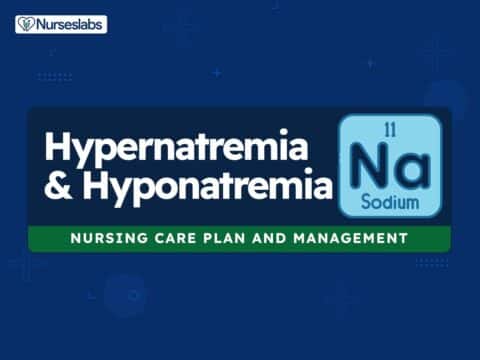


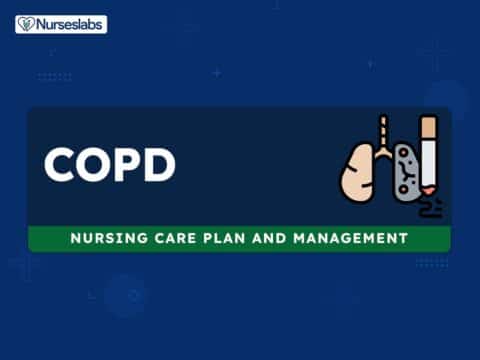
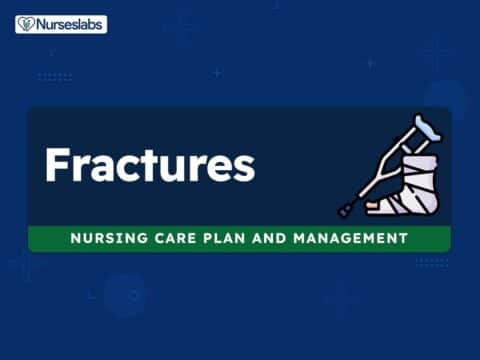
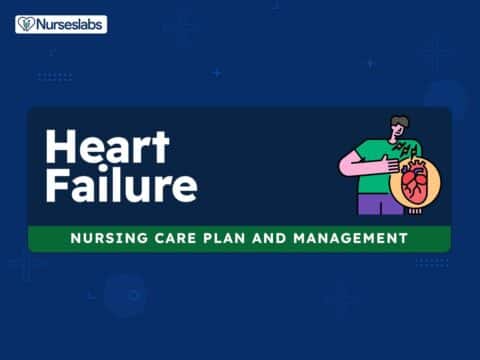
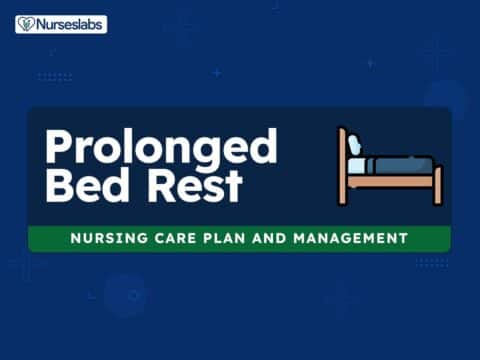
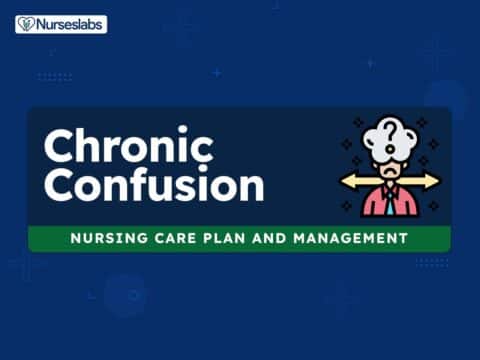
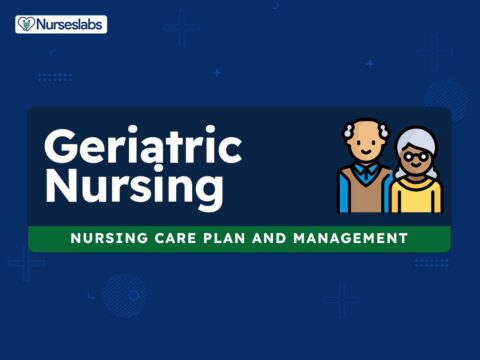
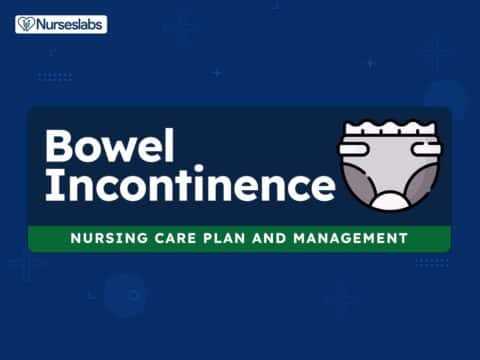
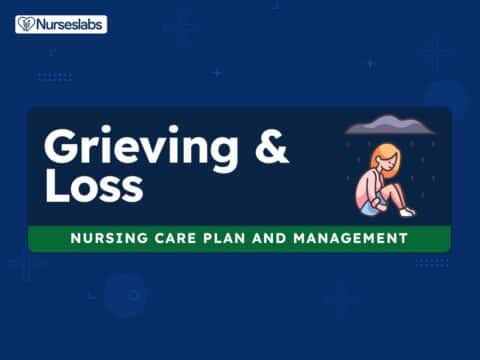
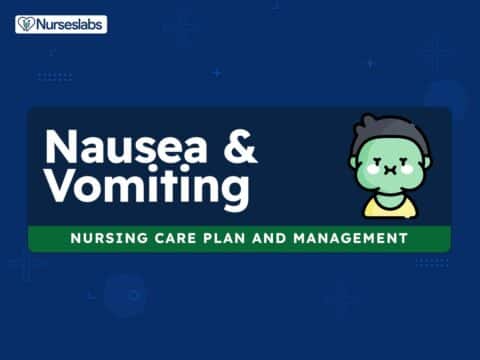
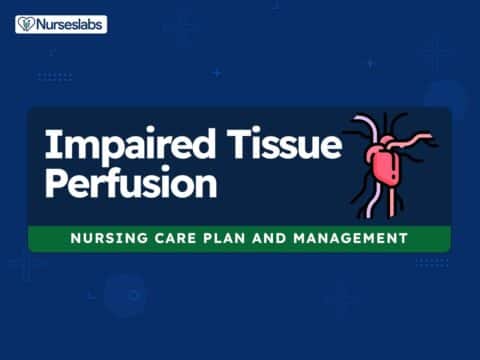

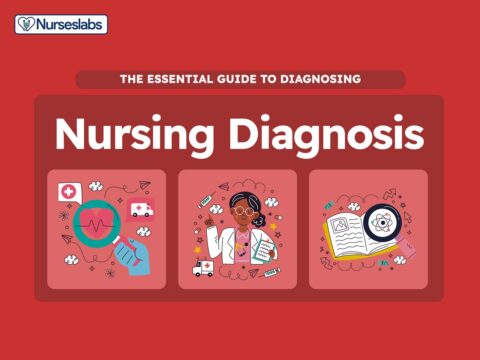
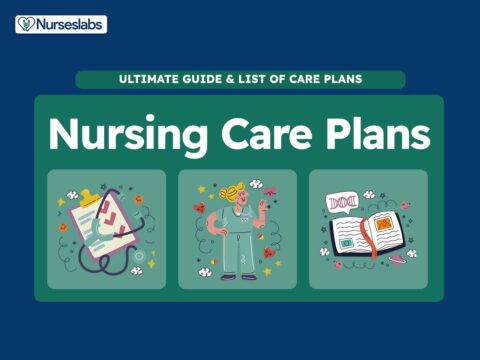
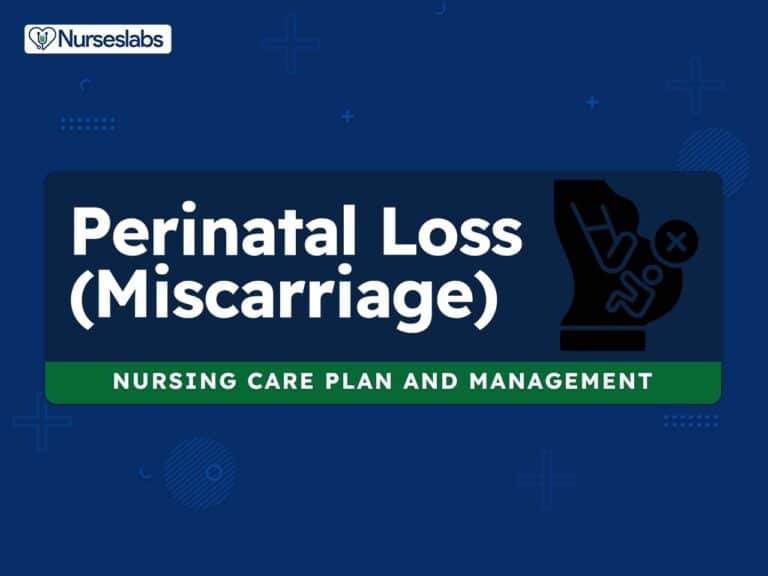
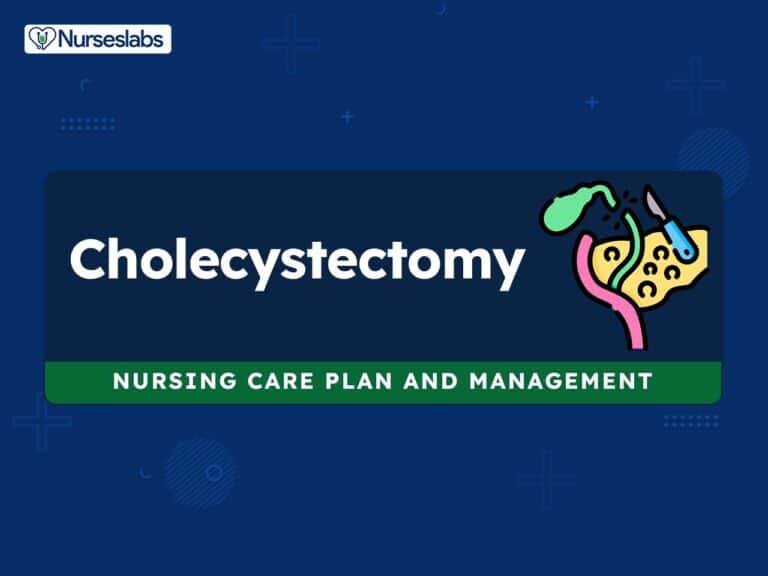
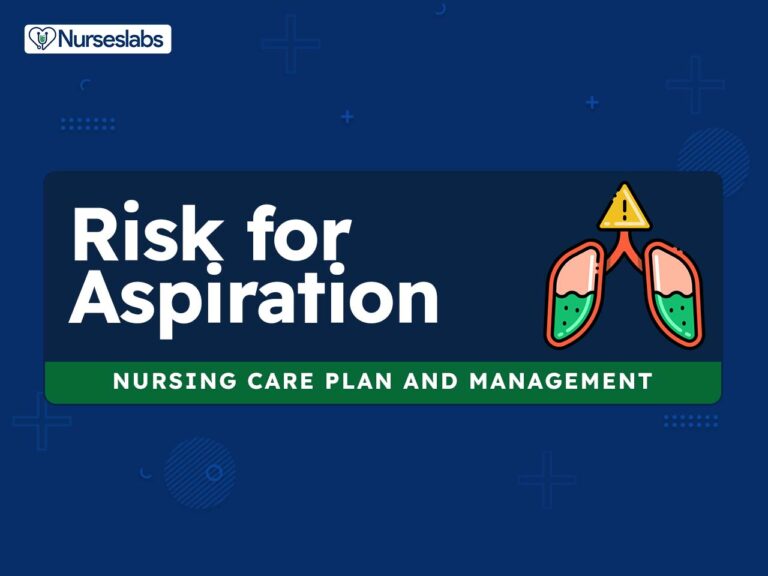
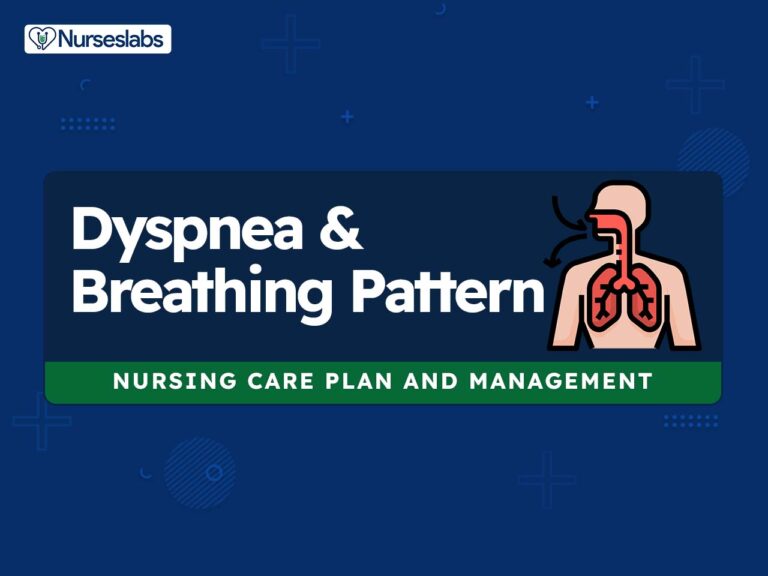

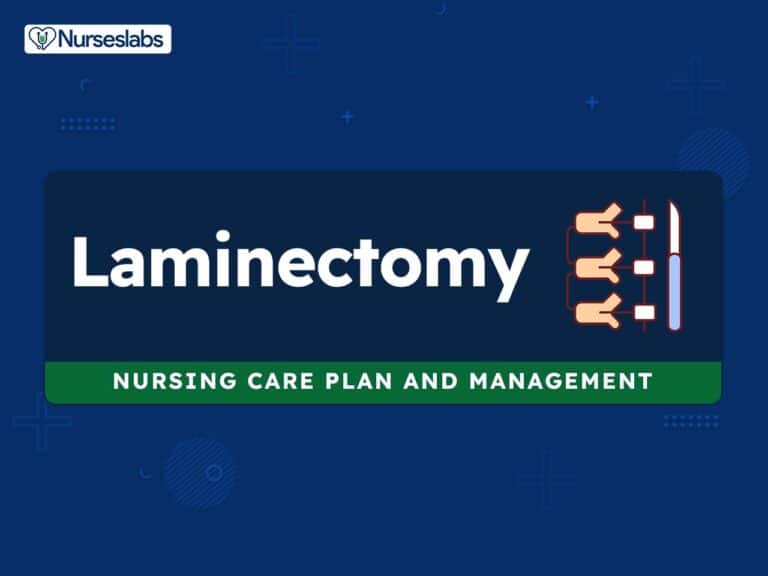
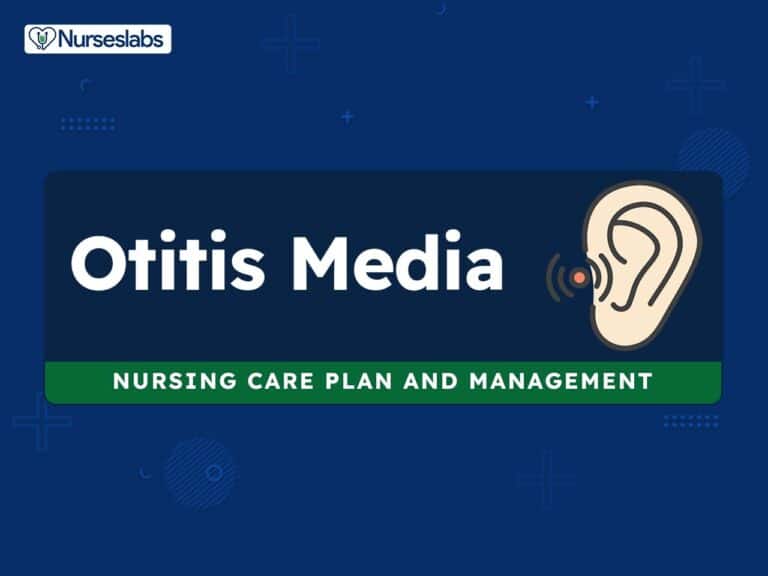
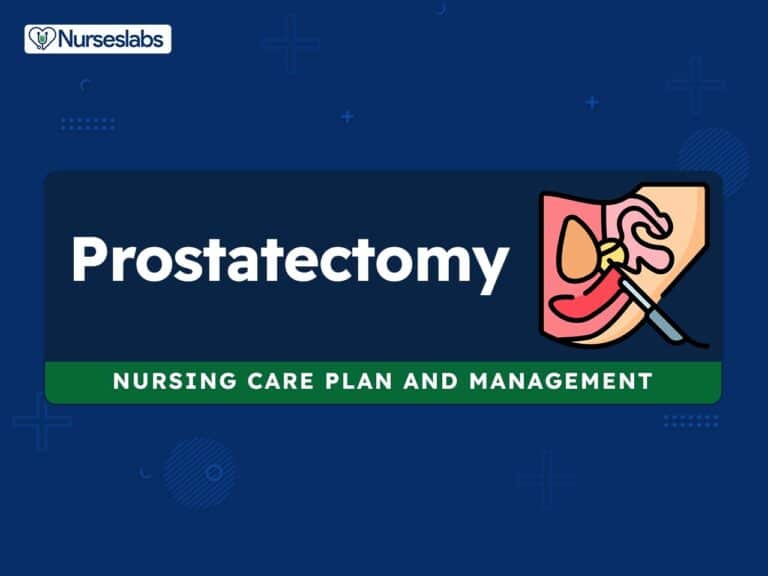


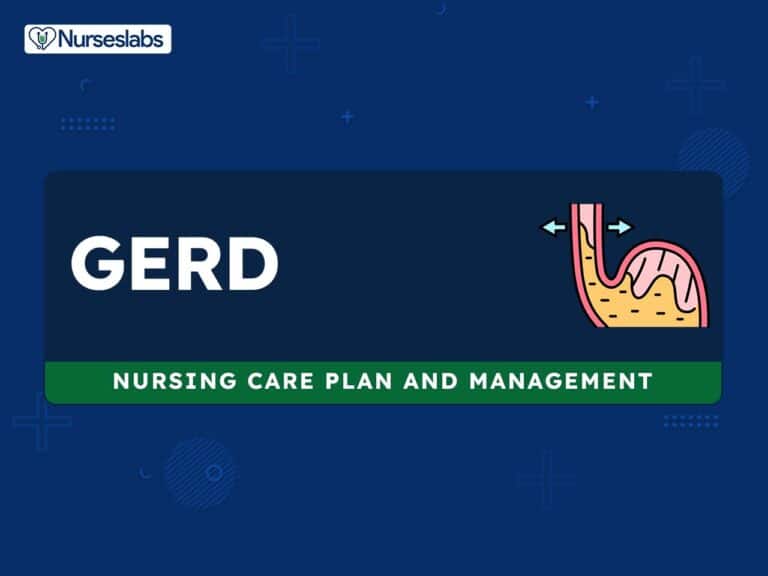
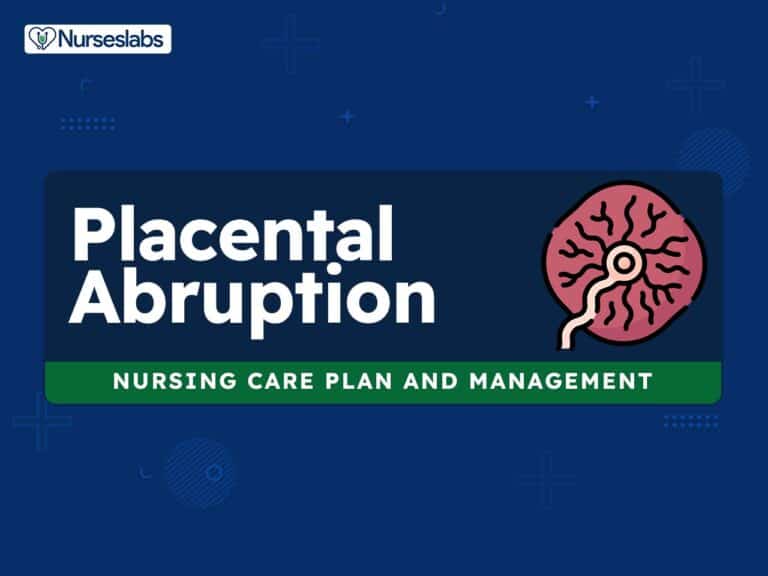
Leave a Comment